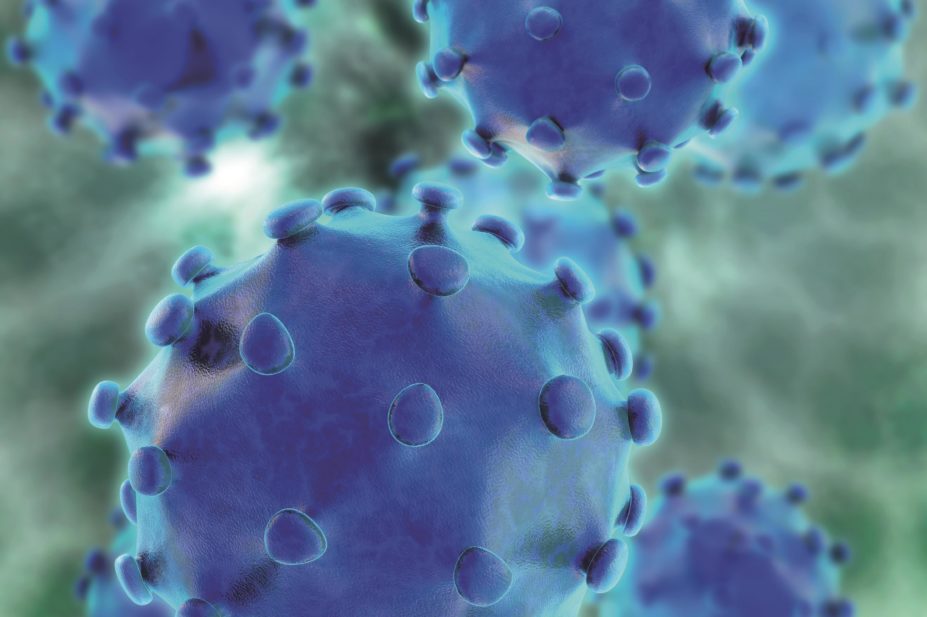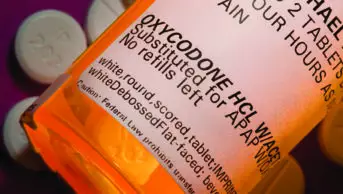
Shutterstock
Gilead’s hepatitis C drugs Harvoni and Sovaldi and Bristol-Myers Squibb’s Daklinza have been hit by warnings from US and European regulators regarding their incompatibility with the antiarrhythmic amiodarone.
The European Medicines Agency (EMA) confirmed on 24 April 2015 that Harvoni (sofosbuvir and ledipasvir) or a combination of Sovaldi (sofosbuvir) and Daklinza (daclatasvir) pose a risk of severe bradycardia or heart block in patients treated with amiodarone.
Concerns around the drug combinations have arisen since their approval in 2014 in the United States and the EU. Among eight cases of potential adverse drug events reviewed up to April 2015, one resulted in a fatal cardiac arrest and two required pacemaker intervention.
After considering the evidence at its 20–23 April 2015 meeting, the EMA’s Committee for Medicinal Products for Human Use (CHMP) recommended that amiodarone should only be used in patients receiving these hepatitis C treatment combinations if other antiarrhythmics cannot be given. Such patients must be monitored closely, as should patients who begin these treatments within a few months of stopping amiodarone, given its lasting effect.
The US Food and Drug Administration (FDA) made similar recommendations in a communication dated 24 March 2015, in response to a warning letter issued by Gilead four days earlier.
Both the FDA and EMA echo Gilead’s statement that the “mechanism of potential interaction between amiodarone and Harvoni, or Sovaldi in combination with any other direct-acting antiviral is unknown”. Gilead also notes that it is “not possible to estimate the incidence of these events”, since the number of patients taking these drug combinations is unknown.


